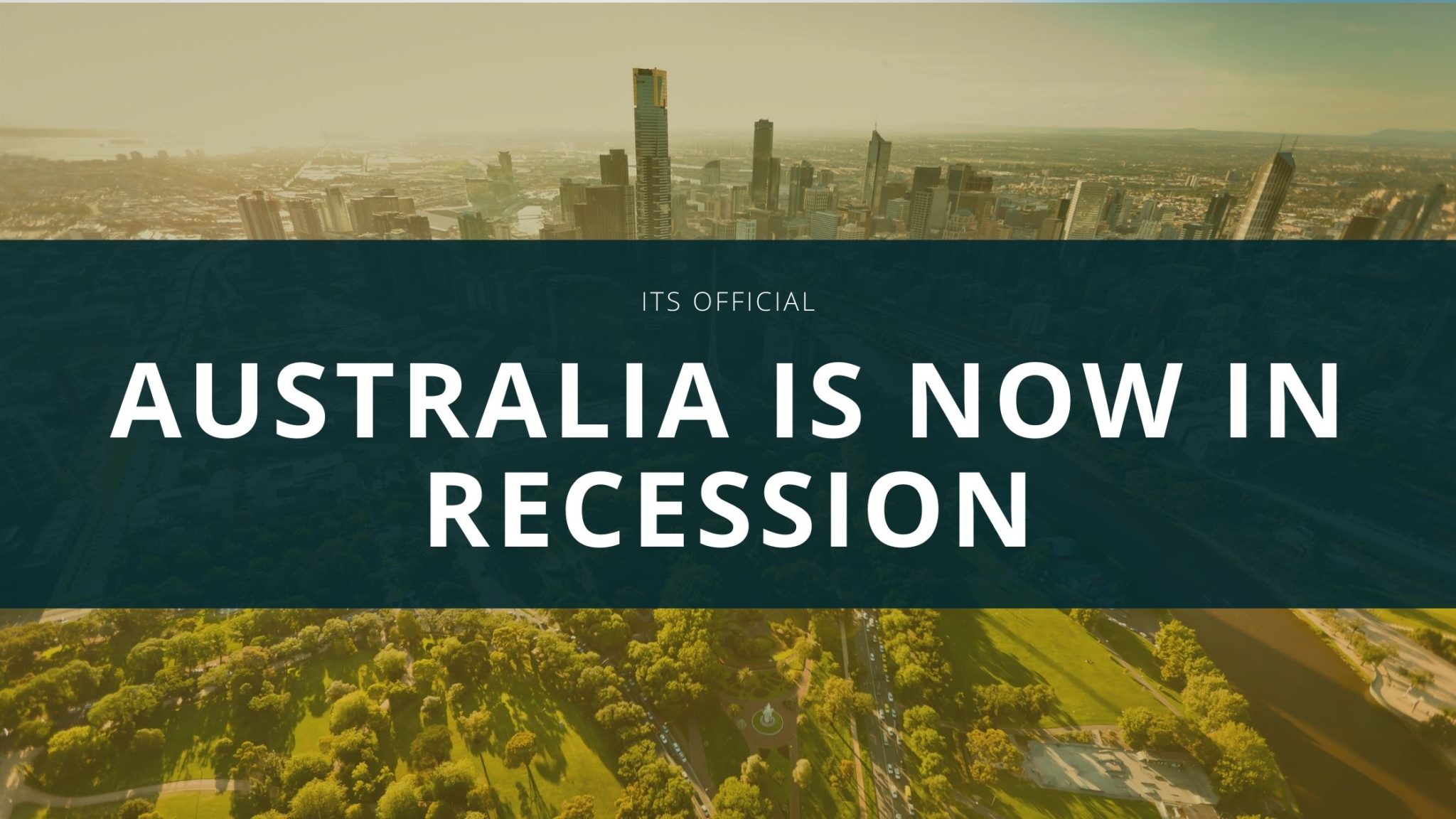Real Wealth Australia
ACT is going down the track of removing stamp duty… Which state could be next?
 Change is afoot (or more accurately, it’s being discussed) in regards to how our government taxes its citizens. As investors, its important to keep tabs on these conversations as any changes at either the state or federal level could have an impact on your investments.
Change is afoot (or more accurately, it’s being discussed) in regards to how our government taxes its citizens. As investors, its important to keep tabs on these conversations as any changes at either the state or federal level could have an impact on your investments.
The Federal Government is set to release a white paper on taxation reform. This isn’t the first time, nor will it be the last; the most recent was the 2008 Henry Tax Review, which famously recommended substantial changes to negative gearing.
Interesting on a state level however is what is happening in the ACT. This territory is already going down the track of removing stamp duty, last year announcing a plan to phase out the tax over the next two decades.
Where are they going to make up that shortfall? Via increased rates payments, which will be gradually increased over the next 20 years, to make-up for the revenue shortfall.
Read on for the rest of the story from Cameron Kusher at CoreLogic RP data:
The Federal Government is to shortly release a white paper on taxation reform. Plenty of recent inquiries and taxation documents have specifically noted that the taxation treatment of property should be reviewed and if ever there was a good time to look at changes to stamp duty it would be now.
Given where the property market now stands any changes to stamp duty should be implemented sooner rather than later especially given home value growth is slowing and transaction volumes are trending lower. Of course, state governments are heavily reliant on stamp duty revenue and are therefore reluctant to have it removed although we will discuss how these issues can be overcome.
Stamp duty is a tax which is payable when someone chooses to purchase a home. Home owners will generally move home because their current home is too big or too small for their needs or because they have changed jobs and need to move elsewhere to be closer to employment. The impost of stamp duty discourages people from moving to more appropriate accommodation. If you don’t yet own your home and are considering purchasing your first home, stamp duty is an additional upfront cost which can make purchasing a home even more difficult.
The above chart tracks home sales over time and as you can see, after transaction activity peaked in the boom of 2001 to 2004 it has trended much lower ever since. Although home values have been increasing over the past two and a half years and sales volumes have increased, the rise has been moderate. When sales hit a low point in October 2011 there had been 409,582 house and unit sales nationally over the year. Transaction volumes rose to as high as 490,326 sales over the 12 months to July 2014 which represents an increase of 19.7 per cent. The recent peak in sales was -22.9% lower than the all-time peak of 635,661 sales over the 12 months to May 2002.
While increasing home values may make home owners feel wealthier, when you buy your next home stamp duty is calculated based on the purchase price so you have to also pay a higher amount of stamp duty. Over the past, two and a half years, home values have increased by a total of 20.7% across the combined capital cities. Most of that growth has occurred in Sydney and Melbourne however, values have risen across all capital cities. What this means is that when people are buying homes the increase in value is also increasing the stamp duty burden for the next purchaser and subsequently providing additional taxation revenue to government. The impost of stamp duty is also a further barrier to market entry for first home buyers despite some states offering discounts and incentives to first time buyers. Furthermore, stamp duty is acting as a disincentive for home owners from moving (eg. upgrading or downsizing) to more suitable or appropriately located housing.
Data released last year by the Australian Bureau of Statistics (ABS) showed that across the state and territory governments there was almost $36 billion in taxation revenue from property (note this is both residential and other property types) over the 2012-13 financial year. Stamp duty was the second largest source of tax revenue at $12.841 billion with only municipal rates at $14.192 billion being higher. Over the year, as home values and sales rose, stamp duty revenue increased by 16.9%. Home values moved even higher during the 2013/14 financial year and sales rose further so it is reasonable to expect a further significant increase in stamp duty revenue. At CoreLogic RP Data we have noted a reduction in sales over recent months and the rate of capital city home value growth is slowing, while this may not be enough to impact stamp duty revenue in 2014/15 it will probably start having an impact by 2015/16 (of course different states will see the impact at different times). The point is because stamp duty is a tax collected on the purchase of a home it is collected from a relatively small proportion of the population and is an unreliable source of tax reliant on demand for homes at any given time which can ebb and flow substantially.
Although I am an advocate for stamp duties removal I do realise that state government will need to raise that revenue elsewhere. I am also not an advocate for more taxes however, a blanket land tax, paid by all home owners, would seem to make more sense. It is a way of guaranteeing revenue each year as well as broadening the tax base for this revenue rather than just relying on those purchasing properties. Over the 2012-13 financial year $12.841 million was collected in stamp duty, the ABS estimates that as at June 2013 there were 9,226,900 residential dwellings. Based on this dwelling count, land tax of $1,391.69 annually per residential dwelling would cover the cost of this foregone revenue. Keep in mind that stamp duty is collected from any property transaction so revenue would be higher when you include land sales and sales of other property types. This would potentially allow for a reduction in the overall land tax rate per household.
By broadening the base of tax collection governments would provide themselves greater surety of revenue as well as assisting the housing market by reducing the costs associated with those who consider it necessary to move home. Given the concerns about investor activity in the market and considering they already reap the benefits of negative gearing perhaps a higher rate of land tax for investment properties should also be a consideration for any stamp duty reform.
With home value growth slowing and sales volumes falling, now would seem like the right time to reform stamp duty. Although the impact of a slowing market won’t be felt straight away, no doubt that in years to come Governments will be left with a revenue hole as the effects of the housing market slowdown hit their tax revenue. Providing governments with a higher level of guaranteed revenue would seem like a good idea even if it unfortunately would mean an additional tax for everyone rather than for just those buying property.
Note that the ACT is already going down the track of removing stamp duty. In last year’s budget the government announced a plan to phase out the tax over the next 20 years with rates gradually increasing to make-up for the revenue shortfall. Over the period stamp duty rates continue to fall. While the phasing out is commendable I still feel that now is the time to remove stamp duty across the board.
Real Wealth Australia
Share this post
Become a successful Property Investor















